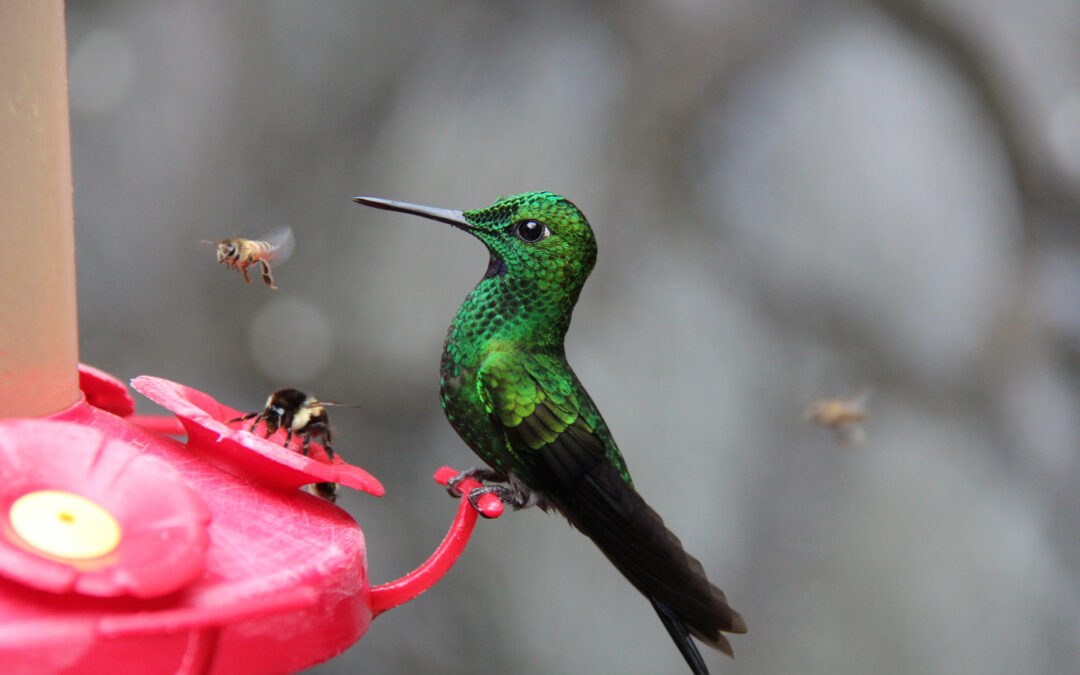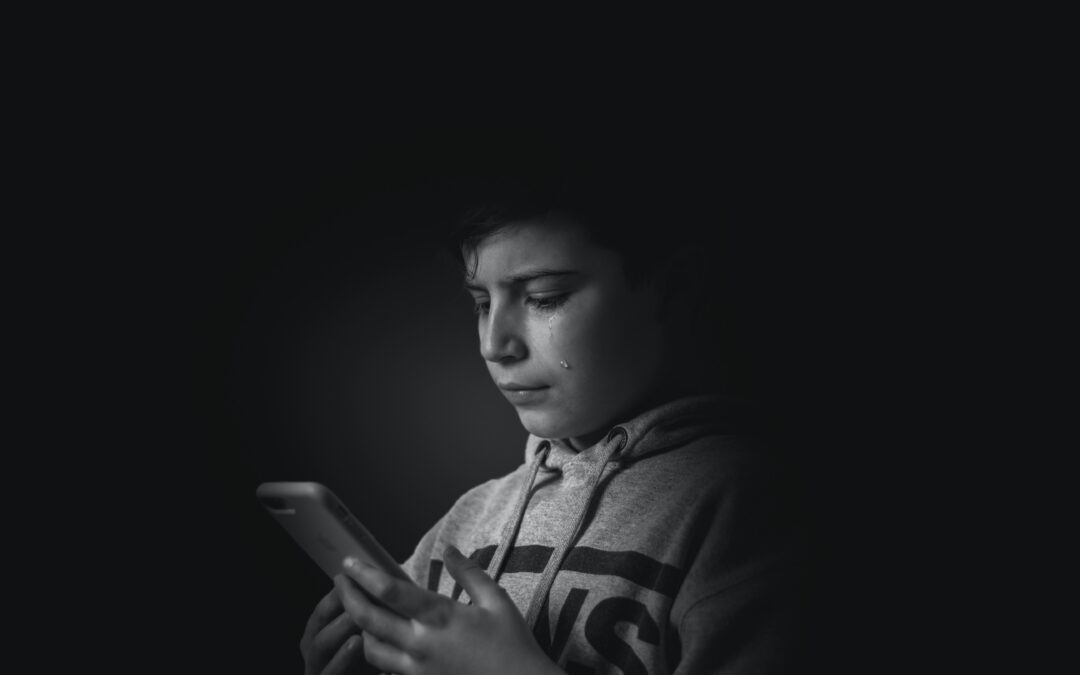In the Claremont Institute’s journal American Mind, English teacher and author Auguste Meyrat concludes that the future looks bleak for today’s children and teens who are inundated with technology. He has witnessed firsthand the detrimental effects of screen exposure in the classroom, and found administrative and parental will to reign in screen time severely lacking. While computers and smartphones are not all bad – for they have vastly improved our efficiency and connected the world in new ways – we cannot ignore that this has come at the expense of social cohesion and our health, both mental and physical, especially for our kids. Those who are currently parents or plan to someday become parents should consider reducing or eliminating screen time usage, though at present it may seem downright impossible.







